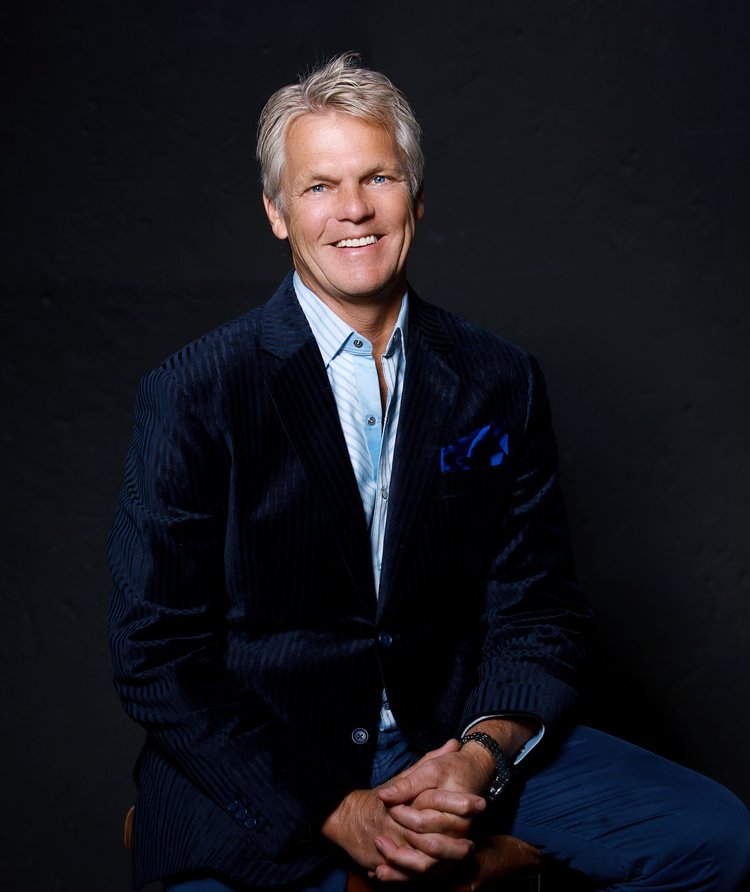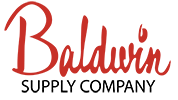Curiosity Discovery by Dave LaRue

I love doing my “Word Game.” It’s a concept we use at the Comma Club. What’s your favorite word? What does it represent to you? What words do you have a strong reaction to? It’s so powerful to understand the significance of your definitions of the words we use and why they mean what they mean to us. It’s just as important to understand the meanings of the words others use too.
For me, the word “curiosity” never gave me warm fuzzies! Recently I played the Word Game with “curiosity” after noticing that several of my favorite companies and people in my life love Curiosity personally and place a high professional value on it, too. The more I looked, the more I saw how many companies place Curiosity in their highest company or corporate values as part of their vision to innovate to create value for their customers and people.
As I unpacked what they meant by “curiosity,” I realized how much I agreed with them. I just use other words to describe Curiosity. I was focused more on the level of behaviors than the level of mindset.
One of my key words is “Questions.” I realized Curiosity is what motivates these questions. I have been asking great questions, or at least trying to, my whole professional career. An affirmation I use and coach is that to be an interesting person, I first have to be interested—that means curious! The habit of asking great questions consistently leads me to have amazing conversations—which is the basis of taking great actions. My favorite word is “freedom.” I love having the time and ability to make choices and to do things I love. I love hanging with great people, and probably the biggest reason why is that I’m curious to hear their stories and learn from their experiences. So my aversion to “curiosity” was only superficial—maybe it felt passive, or a Fact Finder’s trait. But connecting the value to its behaviors made it clear that Curiosity is a value I support very much.
In the business world, the reality behind terms like “disruption” and “transient competitive advantage” lead us to adapt leadership behaviors under the heading of Learning Agility and Psychological Safety. What this comes down to is that we increasingly have to learn how to unlearn what has become obsolete and we need to create team and company environments where people feel safe not knowing—asking questions, learning in front of each other, sharing learning from mistakes, and valuing the rational assessment of new information as much as intuition, experience, and the personal confidence of leaders. When companies and their leaders value Curiosity and Courage (as we talked about last time) they do a lot toward creating the environment people need to act appropriately in a volatile world.
We’ve been working with the concept of unlearning what we already know or at least think we know. Curiosity was the missing piece of the puzzle for me. I already have the habit of accepting the situation as it is. That’s unlearning. But the next step after unlearning is learning about the new situation and building up my intuition and judgment in the new reality. Curiosity is the drive to do that. When we’re Curious, we keep moving toward the new reality rather than reacting to it—or being reactionary and digging in with denial or fear of losing our formerly comfortable footing.
As we lead our people through change, oftentimes they get stuck because how they have been taught doesn’t work anymore but they keep trying to accomplish their objectives the same old way. They resist the change because they don’t see their strengths in the future beyond the change, they can’t see their place in the future. As leaders, we have to coach them to feel productive and adaptive when they unlearn to clear the decks for the new way and coach them to be curious—to move toward and into the new reality and apply their senses to experiment and learn how to work in the new situation just as they did when they were learning things the first time. When new platforms and tools roll out and their workflow changes, when reporting structures change, when we move our business to different parts of the value chain or compete with new firms—or partner with former competitors—all these changes will require Unlearning and Curiosity. We will have to role-model and support these attitudes and behaviors.
Mastering Unlearning and Curiosity helps us lead in these values. And it goes beyond our teams. Unlearning old boundaries and definitions with customers and competitors and exploring new possibilities with courageous curiosity unlocks new potential beyond what we can imagine when we’re grounded in the old ways. And why stop there? How about our families, friends, and communities?
As I reflect on the value of Curiosity in my personal life, I recall many of my teenage years. The probability of me doing what I’m doing now and living the life I live was definitely in the low single digits! However, I remember being curious about healthy families, about learning attitudes and skills, being curious about not being like my dad, and what I needed to do to unlearn what I had been learning from my life to that point. I think even to this day the drive to be different than that drives me to do what I do: being an entrepreneur, making a difference, loving what I do and doing what I love, having a burning desire to hang with great people, and being interested (Curious)!
Curiosity for me then was driven by a fear of limitation. It felt more or less automatic. As my life got better, Curiosity was still automatic, but the tone of fear became quieter. While I can’t recommend fear to anyone as a strategy, there is a truth worth considering: when we have no emotional motivation to be curious, we have to find it in other, rational ways. I think we’ve made a strong case here, but feel free to read more on the topic to find examples of how others frame the value of curiosity.
I’m so glad that three of our four grandkids will be spending Thanksgiving with us this year. They are 6, 8, and 10. I’m always excited to spend time with them, but I’m especially excited this year because I can’t wait to experience their curiosity and relearn it from them.
Curiosity is about connecting to the world outside ourselves and being open to it. Looking at the world and other people as being real and our understanding as being a work in progress. The cynicism and boredom so many people face as they age is a result of believing that no news is good news, and anything new in the world is a degradation of a more perfect past. One of my big take always from embracing Curiosity is that it is the absolute key to “keeping the Old Guy Out” (see article). It keeps me interesting and likable because I don’t have all the answers. It keeps me interested and engaged and alive. Just because I’ve spent thousands of hours leading and coaching doesn’t mean I have all the answers. I’m just getting started on unlearning some of my habits/processes to get ready for my bigger future. If we’re not receptive to the world because new information complicates our model of the world and ourselves, we can’t receive all the good stuff life has to offer. It’s a poor proposition. Throwing the baby out with the bathwater. It accelerates everything that isolates and alienates us and makes us feel that the world and human nature—and by extension ourselves—have had their best days. If you set out to prove yourself wrong in this respect, you might find the door to a new golden age. If you set out to prove yourself right, you already know what it looks like. An embattled sense of certainty won’t make it easier to cope with crises, but a sense that what you’re seeing may only be part of the story will. This is the benefit of Curiosity.
When thinking about this value “being curious” I made the connection of how much it weaves into many of my other highest values. I bet you can make those connections too. I guess I had never really stopped and processed why/how ideas dreams get started. Why do we do it this way? Who thought of this? Couldn’t we do this better? How did they learn this? Why do our customers love us, hate us, leave us, buy more, recommend us,
I’m really surprised with myself because I’m always talking about the value of great questions, now I realize you first have to be curious, you have to be interested, respect your desire to learn, grow, and be coachable. You have to be Curious.
Cheers!
Dave









